The Province of Drenthe is one of the 12 regional administrations in the Netherlands. Some of its primary competences and activities relevant for the CTB project are spatial development and regional economy. Informally, the Province has recently become more involved in housing policy in anticipation of new national legislation. Drenthe has high ambitions in terms of the transition towards a circular economy and works hard to accelerate this within different roles and policy areas.
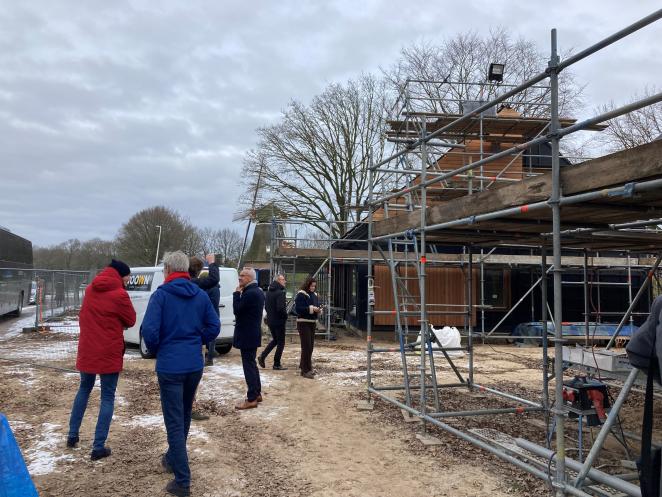
Creating connections & impulses
In the regional construction sector, the task of the Province is to make connections and create impulses, bringing public and private partners together. The Circular Trust Building project is an example of this: the province focusses on its role as Lead Beneficiary, providing an EU platform for circular actors from the region, enabling them to co-create across border and safeguarding the delivery of results, for Drenthe and for the North Sea Region.
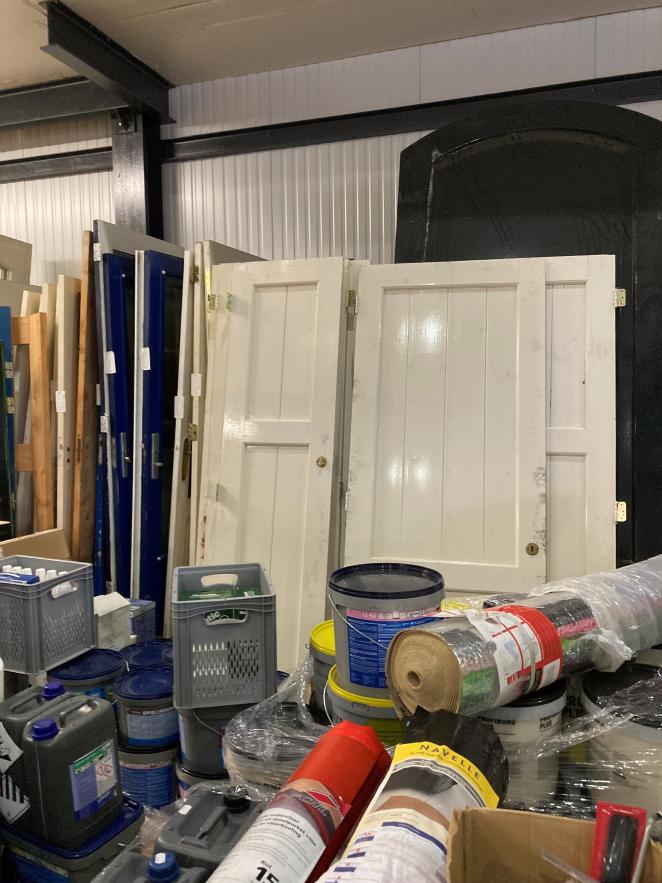
Drenthe's Green Economic Agenda
Through the CTB project the province wants to build on the results of an earlier circular building initiative - Drenthe Woont Circulair - and find the ways to upscale the first positive experiences. Together with the national and local government and supported by regional housing associations, the Province has committed to building at least 13,000 houses by 2030. Activities include supporting municipalities to achieve this goal and lobbying the national government.
As provincial authority, Drenthe has its own ‘Green Economic Agenda’ which can be seen as a framework to promote circular economy and support more sustainable/circular public tendering. This agenda also endorses a circular economic sector and takes this into account with regards to spatial planning.
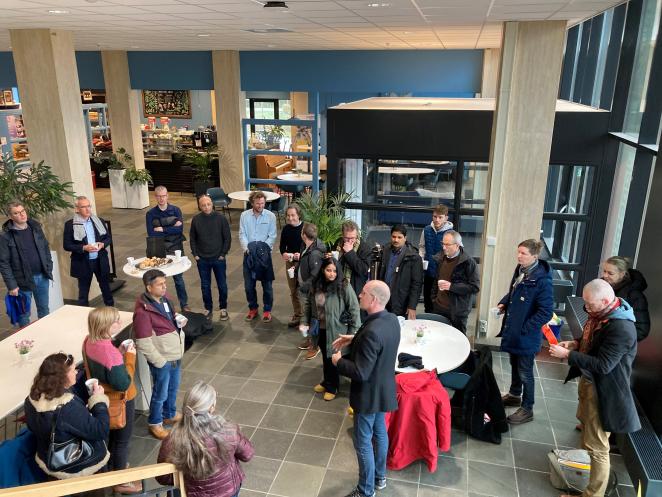
Alco Otten explains the circular renovation of the Alfacollege building in Hoogeveen.
Multiple opportunities for circular approach
Drenthe is a rural area and the construction sector is relatively small, in line with the size of the population. Here, the sector includes dozens of smaller to medium-sized private construction companies (SMEs). Compared to the rest of the Netherlands, there is a relatively large share of self-owned houses and this is also reflected in future construction plans, despite national goals to the contrary. All facets of the construction sector can be found in Drenthe - architects, builders, project developers, deconstruction experts - providing multiple opportunities for a more circular approach throughout.
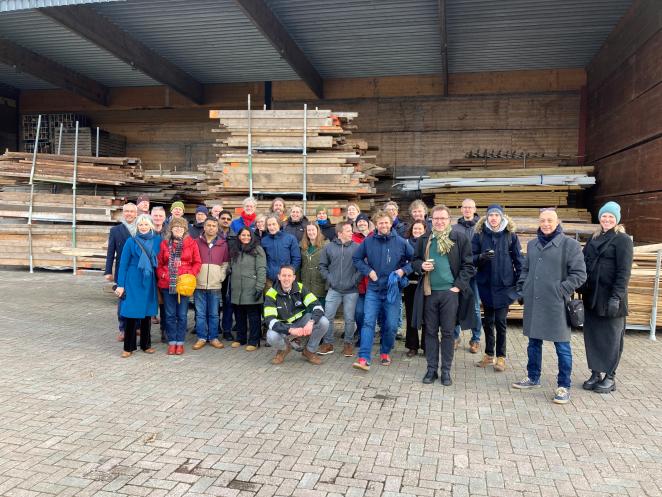
CTB partners recieve a warm welcome at Tussenstation Bork
Extensive stakeholders network
Over the years, the Province has developed and improved upon its network of relevant stakeholders both in the private and semi-private sector: housing associations, municipalities, SMEs, NICE, builders ,etc. The organization will benefit from Circular Trust Building tools for provincial policy makers, regional innovators and related businesses, providing:
- European platform for inspiration and co-creation
- Instruments to scale current circular construction initiatives
- Regional Circular Deals for circular construction in Drenthe
- Trust Framework and Label Toolbox that facilitate the provincial role as launching customer
- Training and upskilling of the current and future provincial workforce and professionals throughout the region.

Mimoent Benali, Policy Advisor for Circular Economy
Lead Beneficiary
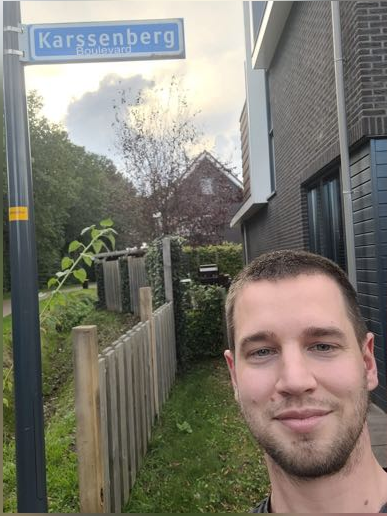
Daniel Karssenberg, Policy Advisor for Housing
As a Lead Beneficiary the Province of Drenthe will also organize the transnational cooperation and establish learning, while safeguarding the realization of project objectives and goals.
